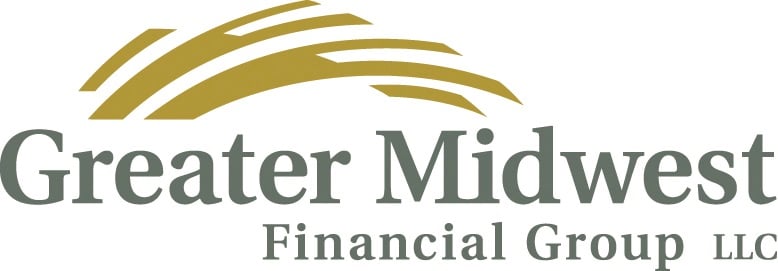
Every business is started to fill a need or solve a problem; problems or needs that the business owner or entrepreneur has the necessary skills and expertise to fulfill. Business owners often stumble over their own problems in their efforts, especially when it comes to making financial mistakes.
According to the U.S. Bureau of Labor Statistics, research in 2021 showed that about 20% of small businesses fail within the first year, and 50% fail within the first five years. Most of these failures happen because of financial mistakes, whether it’s cash flow allocation or financial management.
To help avoid financial mistakes, we’re giving some advice to help your business steer clear of the most common mistakes that others have made in the past. (Courtesy of Success.com)
4 Common Financial Mistakes for Businesses
1. Failure to Plan for the Worst
If you run a business, you know that anything can happen, and it’s always a good idea to have a plan for the worst-case scenarios. It can be tediuous to set up initially – but having a set continuity plan will ensure that the business will be taken care of if anything were to happen to you, the owner.
Setting up a continuity plan that covers where to find important documents, a list of important individuals to contact (accountants, attorneys, shareholders, etc.), and other items that would help a successful transfer of ownership to your beneficiaries, is the best way to keep a business secure.
2. Insufficient Cash Flow Management and Working Capital
Successful business owners understand that generating sales is only one piece of the puzzle. Managing important items such as accounts receivable (AR) is a key aspect of running a successful business. Before you think about opening your doors, getting yourself well-versed in the AR benchmarks for your industry will help you to understand cash flow a little bit better.
Establishing cash flow forecasting models are useful to figure out how your business is managing payroll, AR, inventory, and more. Cash flow forecasting models are estimates of expected inflows and outflows in a 90-day period. This will help you in understanding if your business needs a working line of credit, or if finding other resources of working capital would be better for your business.
⇾ Read Now: Wealth Management Tips for Business Owners
3. Failure to Mitigate Risk
Unforeseen and predictable losses can make a business struggle or fail. Working with an insurance professional can help mitigate these risks by informing you about the types of exposure you may have, along with helping you determine what can be covered by insurance.
For losses that can’t be covered by insurance, or are costly to cover, looking for ways to be cost-effective is the best way to protect against the possibility of a big financial loss. An example could be monitoring expense accounts and informing your employees that they’re being monitored, giving you more of an idea of where your money is going.
4. Trying to do Everything Yourself
When running a business, you can’t always do everything yourself. The roles of running a business require different types of people to run certain aspects. For example, if you are a left-brain thinker, you might only know how to handle the analytical, number-driven side of your business. Leaving the marketing and creativity and design aspects to be struggled with on your own.
Start by seeing where your skills are, then look for and find qualified individuals to fill any gaps when running your business. Creating efficiency while being cautious of how you are allocating the funding for the employees is a crucial step within this process. Finding a person to solidify payroll, AR, and other benefits will give you and your bank account peace of mind.
⇾ Read Now: 4 Ways a Financial Planner is Vital for Your Small Business
Running a business comes with a plethora of different challenges. Ensuring that your business recognizes the financial mistakes made by others, acts, and actively works to prevent any mistakes can save the life of a business and the bank accounts associated with it.
At Greater Midwest Financial Group, we understand small businesses. We know your time is valuable; that’s why we work to simplify your finances and help you prepare for the future. Whether you own a family business, a dentistry or another small business, our personal financial advisors are dedicated to deeply knowing your business and helping you take on every challenge.
Greater Midwest Financial Group is a financial advisor firm serving St. Paul, Minneapolis and the wider Twin Cities area. We specialize in wealth management, retirement planning, asset management and other personal finance needs.



